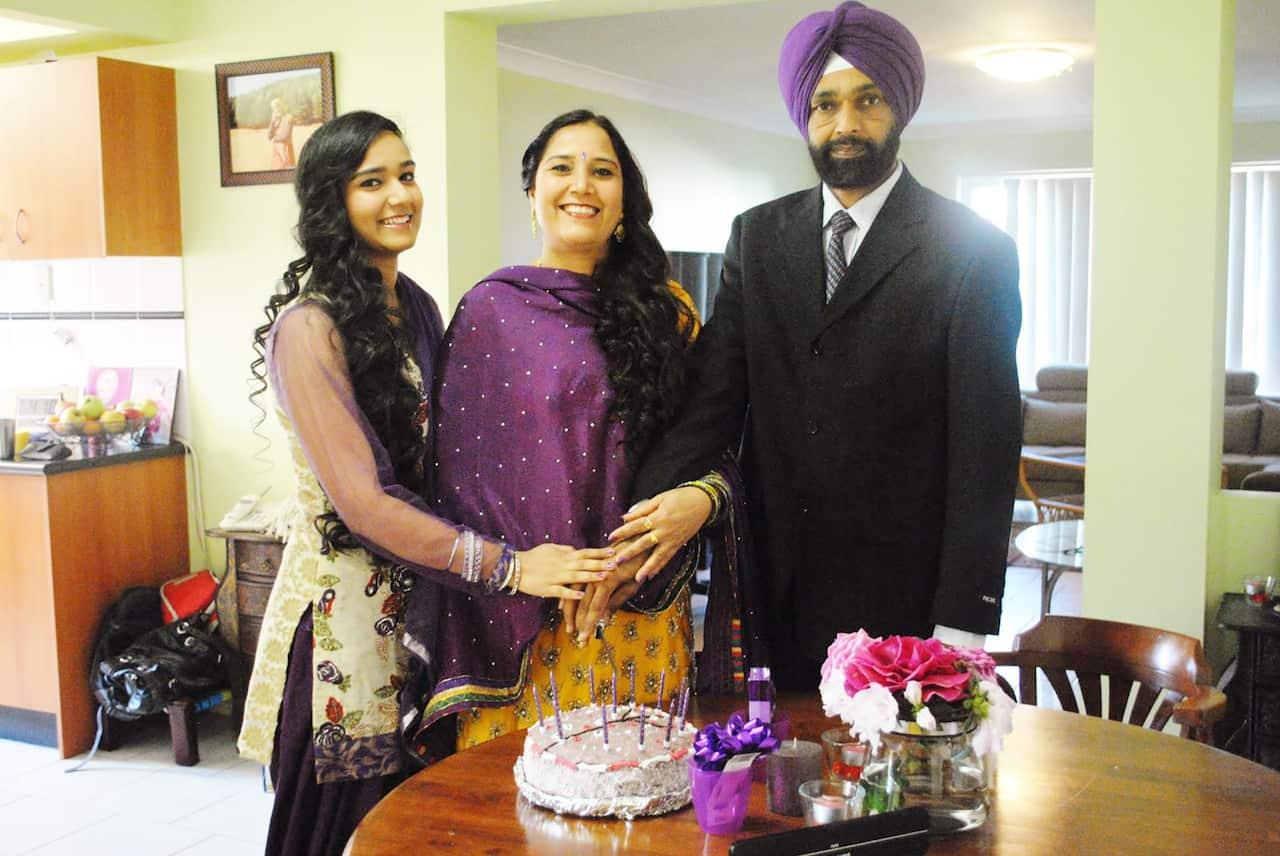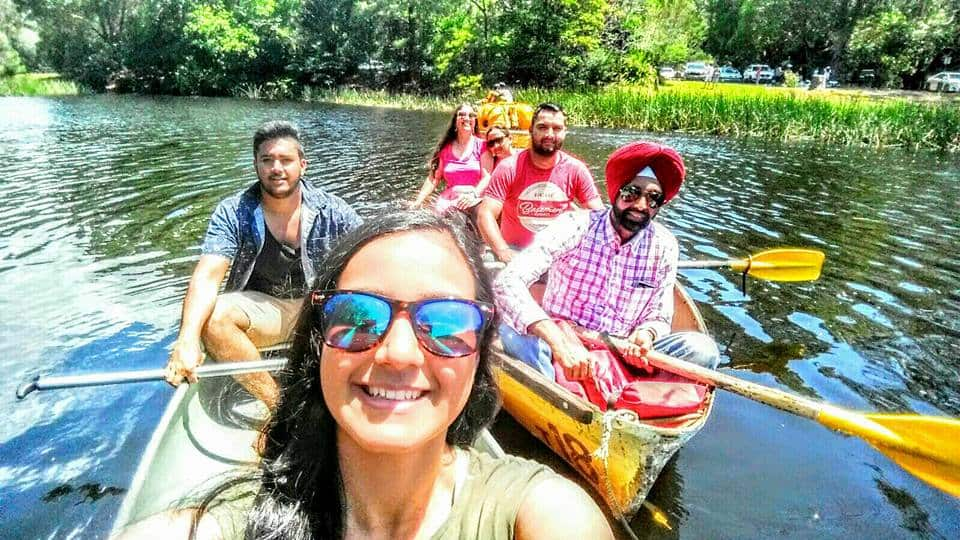The language has deep roots in our souls. Aphasia is a condition wherein language skills are negatively affected due to physical injury to the brain, commonly from trauma or stroke.
Raghbir Kaur used to speak and understand four languages: Punjabi (native), Hindi, Urdu and English. But after a brain stroke, she not only lost this capacity but also her ability to walk and carry out normal day-to-day activities.
Raghbir had a brain surgery on 15th April, 2015. This was followed by an aneurysm, which injured the part of her brain that is responsible for controlling language abilities.
“At that time, I didn’t know what aphasia was! But it changed my life for ever,” said Mrs Kaur in an interview with SBS Punjabi.
Raghubir spoke about the impact of brain stroke and Multilingual Aphasia that turned her life upside down, but only to leave her with a ‘never give up’ attitude.
She said, “Once I gained that confidence, it was like winning a battle. It doubled my strength and helped me shape a better goal-oriented life. I am in this world to cherish my life and not merely living it.” Raghbir Kaur lives with her family in Preston, in Sydney’s south-west. She along with husband Lakhwinder Singh came to Australia in 2001 from village Kohar in Gurdaspur district of Punjab.
Raghbir Kaur lives with her family in Preston, in Sydney’s south-west. She along with husband Lakhwinder Singh came to Australia in 2001 from village Kohar in Gurdaspur district of Punjab.

Raghbir Kaur with her husband Lakhwinder Singh and daughter, on her birthday celebrations. Source: Supplied
"I count my blessings from Waheguru (God). You don’t demand much if you are blessed with a beautiful caring family,” says Raghubir. “There was a time when I lost all my language faculties; even I couldn’t simply say ‘Yes’ or ‘No’.”
“But things are better now. The two years of hard work, family & medical care, speech therapy, physiotherapy...almost everything has helped.”
“One should never give up. Life is beautiful. Don’t listen to negative thoughts. Always believe in yourself, and that is the only way to defeat any problems or medical issues that come your way.”
“Our daughter is a physiotherapist and son is studying engineering. They are lovely kids who spared their time for my care and helped me regain my confidence,” said Mrs Kaur. Strokes are the third leading cause of death in Australia, and 65 per cent of survivors experience a disability - 30 per cent of which will have aphasia.
Strokes are the third leading cause of death in Australia, and 65 per cent of survivors experience a disability - 30 per cent of which will have aphasia.

'It is selfie time' Raghbir Kaur with her family. Source: Supplied
Around 70,500 multi and bilingual people live with aphasia in Australia, a figure that is estimated to increase to 106,350 by 2032, based on overall figures of stroke from the Stroke Foundation.
Share





